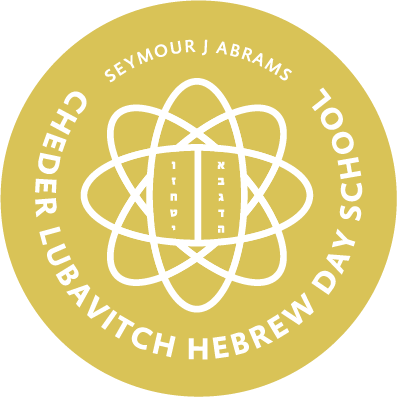| Lag Ba'Omer is a day that commemorates the life and teachings of Rabbi Shimon bar Yochai, one of the most revered sages in Jewish history. Known for his profound spiritual insight and unwavering devotion to Torah, Rabbi Shimon illuminated the world with the light of divine wisdom—especially through the esoteric teachings of the Zohar, which continue to inspire and uplift countless generations. Today, Jews throughout the world are celebrating Lag Ba'Omer, gathering in unity and joy to honor Rabbi Shimon's legacy and the light he brought into the world. In an era increasingly marked by shifting values, social fads, and relentless cultural noise, many—especially the younger generation—are left searching for meaning, truth, and stability. Rabbi Shimon's legacy reminds us that the Torah is not only a sacred inheritance, but also a timeless antidote to the chaos of the modern world. It anchors us in eternal truths, offering clarity where there is confusion, and purpose where there is emptiness. Lag Ba'Omer invites us to reconnect with this spiritual clarity. The bonfires we light are more than symbolic—they represent the enduring flame of Torah, which has the power to pierce through even the densest spiritual fog. They call upon us to kindle our own inner light and to share that light with others. By strengthening our connection to Torah, deepening our commitment to mitzvot, and living lives infused with kindness and meaning, we each become a beacon. We push back against the darkness—not with protest, but with purpose; not with reaction, but with revelation. Rabbi Shimon's life was a living example of what it means to live above the noise, to see the world not only as it is, but as it could be—with the presence of G-d permeating every detail. On this Lag Ba'Omer, let us rise above the confusion around us and reaffirm our role as bearers of divine light. Let us inspire a searching world—not by retreating from it, but by illuminating it with the enduring truth and beauty of our Torah. | 

No comments:
Post a Comment